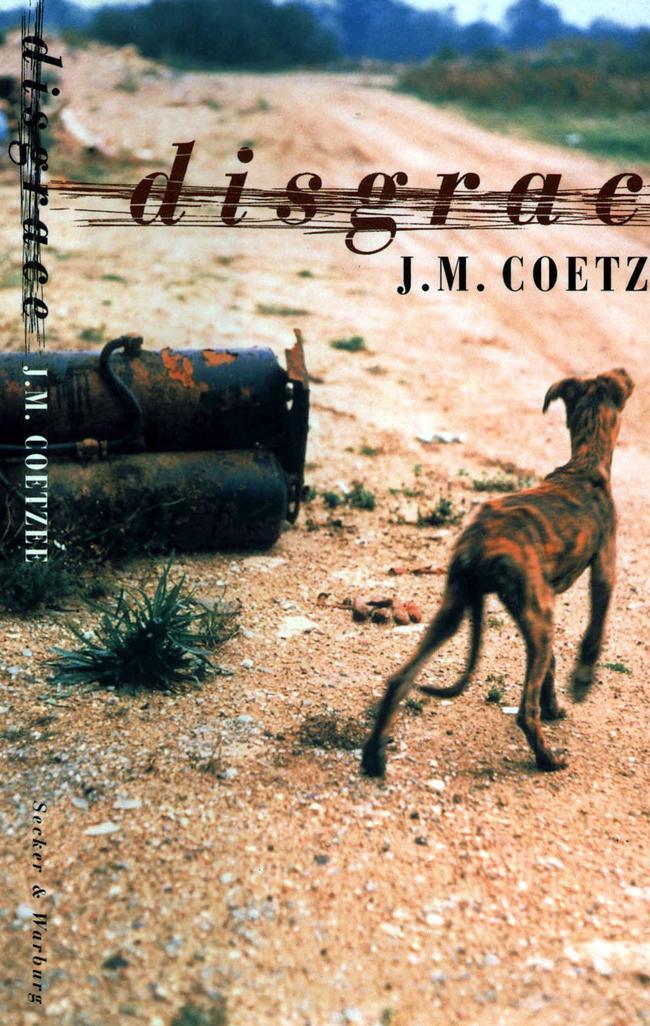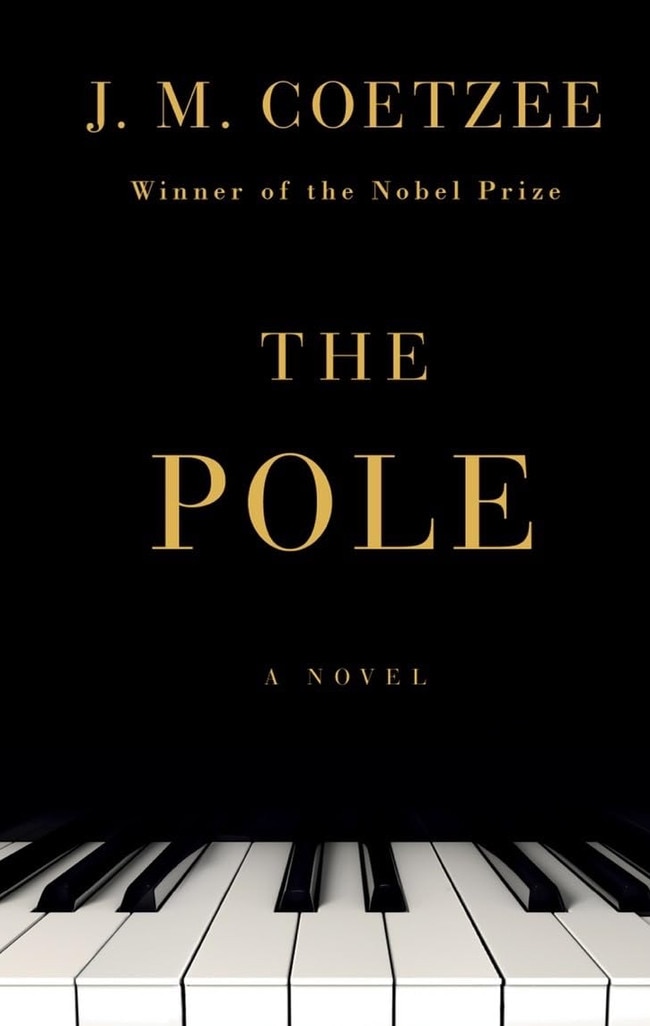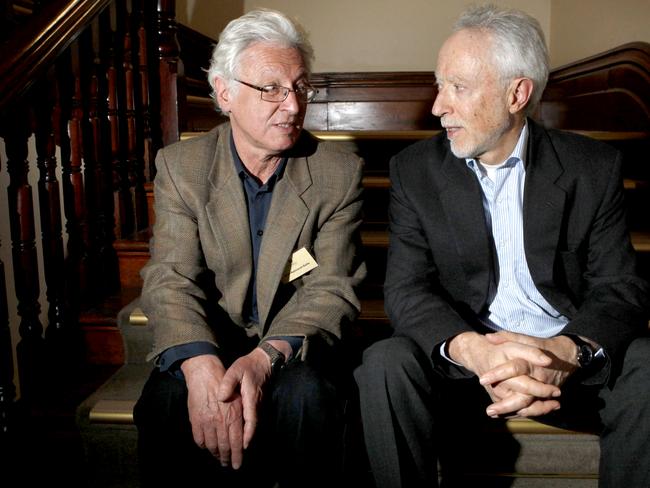Dazzling author JM Coetzee lets his writing do the talking
Nobel laureate for literature JM Coetzee has been described as reclusive. Friends say it isn’t so; in person, he’s kind, and interested, but shy.

Just 14 people have this year received Australia’s highest award, the AC, and it surely says something wonderful about this nation that two of them are writers.
One of those writers, Phillip Adams, is a columnist for this newspaper, and you will be able to read more of his thoughts on the honour in these pages today.
The other, JM Coetzee, 85, did not wish to be interviewed, which isn’t altogether surprising.

Coetzee, author most famously of Disgrace, has been described as reclusive.
Friends say it isn’t so; in person, he’s kind, and interested, but shy.
In a volume of essays called Doubling the Point (1991), Coetzee said he did not wish to be seen as a public intellectual: “I don’t regard myself as a public figure, a figure in the public domain. I dislike the violation of propriety.”
American philosopher Jonathan Lear has said: “John (the M is for Maxwell) is not reclusive, but he is impatient.”
Which is not to say that he never speaks publicly.
Next week in fact he will be in conversation with poet Peter Goldsworthy at The Monocle at the Howling Owl in Adelaide, at an event called Dog-Eared Readings.
It’s not often you find a Nobel laureate sitting down for that kind of intimate chat, but there you go (and go you should).
Coetzee was born in South Africa in 1940, and moved to Australia post-apartheid in 2002. He became an Australian citizen in 2006, by which time he already had the Nobel prize for Literature (2003) and the Booker (twice, for The Life and Times of Michael K in 1983, and Disgrace in 1999).
His most recent book is The Pole and Other Stories (2023), which was The Australian’s Book of the Year.

The AC – formally, the Companion of the Order of Australia – is awarded for “eminent achievement and merit of the highest degree in service to Australia or to humanity at large” and in Coetzee’s case it has been awarded for “eminent service to the arts, particularly literature, to literary studies, to tertiary education, and to animal welfare”.
He is a noted vegetarian and a keen cyclist (in Adelaide, his slim figure is forever being spotted in loose lycra). He is known for his quiet sense of humour. When South African poet Rustum Kozain wrote an essay around the theme of the writers he’d most like to eat, landing on Coetzee, slow-roasted over coals, with tarragon, Coetzee agreed to give the work a “cautious recommendation”.
Coetzee attended the celebration of his 80th birthday exhibition in Makhanda in 2020; he was presented there with a volume of essays and poems written in his honour, compiled by his partner of more than 20 years, literary critic and academic Dorothy Driver.

The Australian’s chief literary critic Geordie Williamson has said of his work: “Half a century after publication of his first novel, Dusklands, his career feels ageless, largely untouched by changes in literary fashion.”
He writes intelligent women particularly well, with fellow South African-born Australian author Ceridwen Dovey telling this newspaper in 2018: “Coetzee brought to life characters such as Elizabeth Curren, Susan Barton and Elizabeth Costello, among the most intelligent women I’ve encountered on the page.”
He is a professor of literature at the Department of English and Creative Writing and patron of the JM Coetzee Centre for Creative Practice.




To join the conversation, please log in. Don't have an account? Register
Join the conversation, you are commenting as Logout